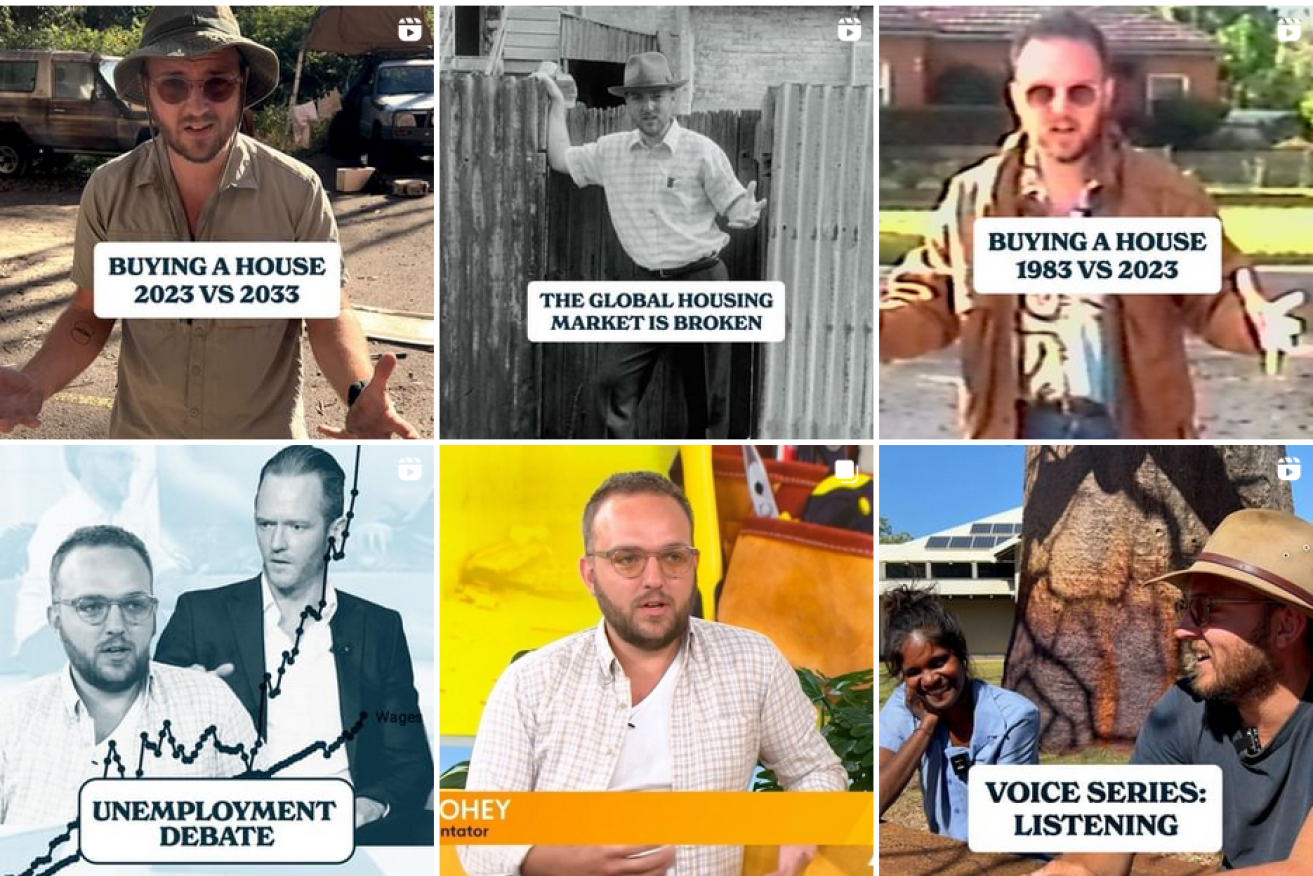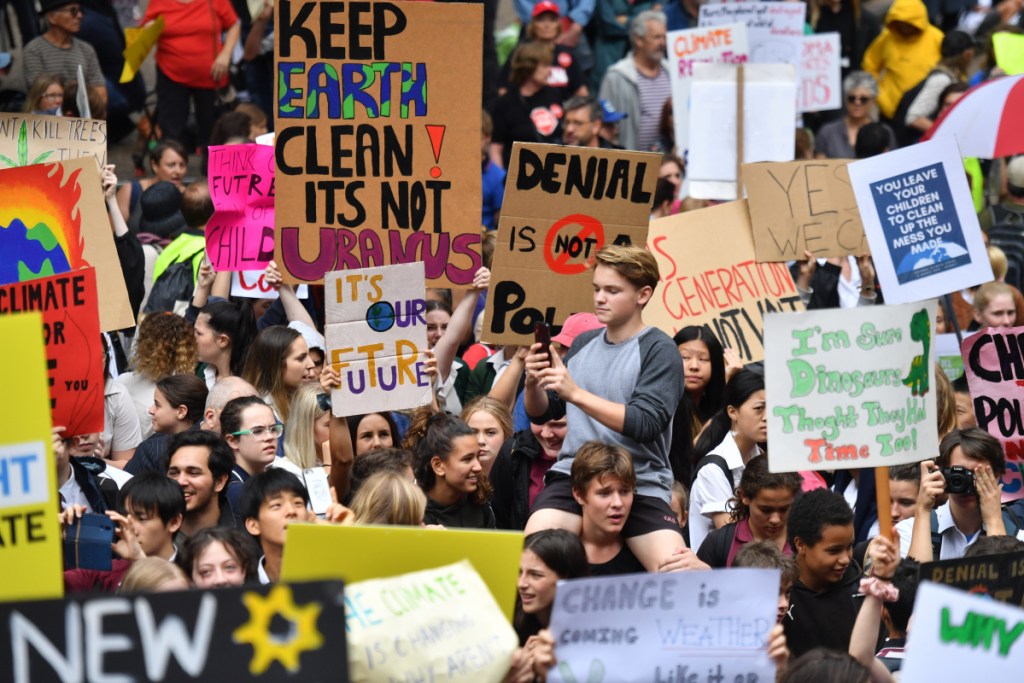Social media star warns Meta’s political changes make platforms a ‘pay-to-play model’


Content like Jack Toohey's will have reduced reach under Meta's new changes. Photo: Instagram
Jack Toohey’s short-form videos on issues like the housing crisis, income tax, climate change and Australian politics have reached millions of young people across platforms like Instagram and TikTok.
The content creator, alongside experts, is warning that Meta’s changes to how videos and posts on their platforms are recommended could further proliferate apathy towards social issues like climate change.
“I never would have been able to go viral under these new rules,” Toohey said.
“Gen Z and younger Millennials are getting most of their news online, rarely directly from websites. They’re getting it from Instagram and TikTok.”
Content that Meta, which owns Facebook, Instagram and Threads, flags as “likely to mention governments, elections, or social topics that affect a group of people and/or society at large” will no longer be recommended unless users follow the account or allow it within their settings.
@jack_toohey Whats happening over on instagram? Where will younger generations get their news if we can’t get it here or there?
Who wins?
Users will have to opt into seeing political content, a move that the platform claims will no longer “proactively amplify political content from accounts you don’t follow”.
Cameron McTernan, a lecturer specialising in social media, political communication and media industries at the University of South Australia, said political campaigns will be forced to pay to spread their message.
“There’s 1.4 billion on Instagram. Politicians and campaigners are going to want to have access to that audience,” he said.
“There are definitely people with the budget that are willing to pay for it.”
Political advertising on social media is set to reach over $10 billion in 2024, and Toohey said Meta’s new rules will make it harder for organic and grassroots content to reach people.
“It’s allowed people like me to be able to share news and politics and educate people in a way that they would never have had access to 10 years ago,” he said.
“We are giving this power back to where it is a pay-to-play model.”
He said issues like the politicisation of issues like climate change have been driven by the “ones doing the damage”.
“Climate change is not a political issue, it’s an existential issue. Those who benefit from a lack of action simply have to politicise any topic to quell any conversation that could lead to change,” he said.
“The companies with money to spare are the fossil fuel companies and monopolistic businesses that have outsized power and money.
“We’re just giving them back the power we’ve only reclaimed in the past 10 to 15 years.”
The power of social media
Social media has spawned countless political movements in recent teams, including the Arab Springs protests from 2010 to 2012 and the global School Strike 4 Climate Action.

Thousands of school students from across the globe co-ordinated strikes for climate action using social media. Photo: AAP
Toohey said new audiences online will no longer organically find causes spread through social media.
“One of the hardest things around progress is getting the groundswell of people people to believe in change,” he said.
“Maybe there’s some value in stepping off the apps and talking to people in the community, but social media undoubtedly makes that a lot easier.”
He said another major issue is that if an account is flagged, it will no longer have posts recommended even if they aren’t about a political topic.
“It’s going to be very hard to know who has been flagged for political content and who hasn’t,” Toohey said.
“It has far-flung implications and I don’t see how they’ve possibly thought this all out because if they had, I don’t think they would have made this decision.”








